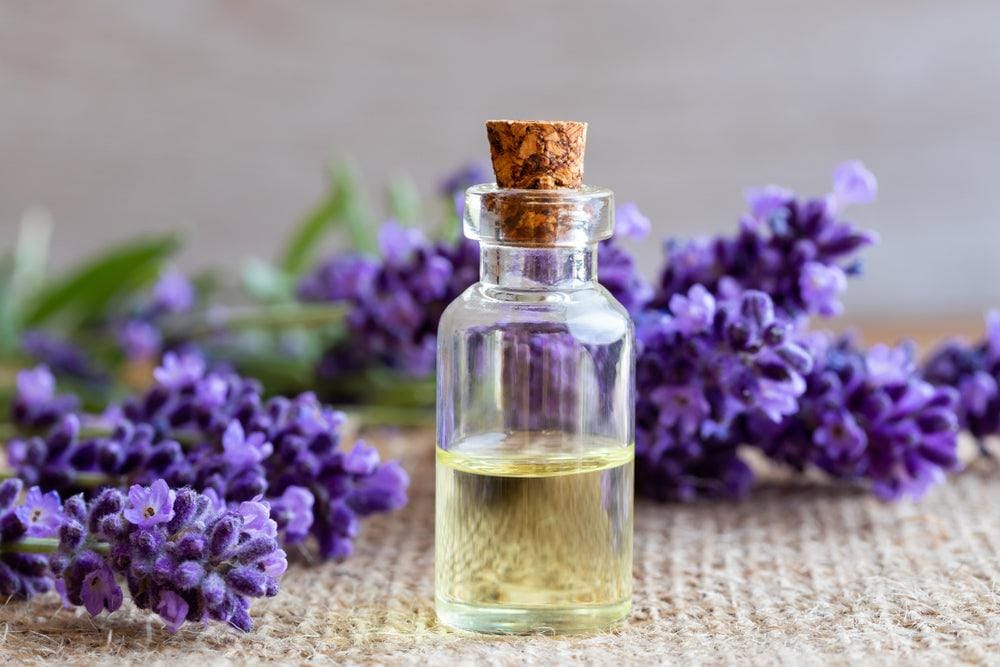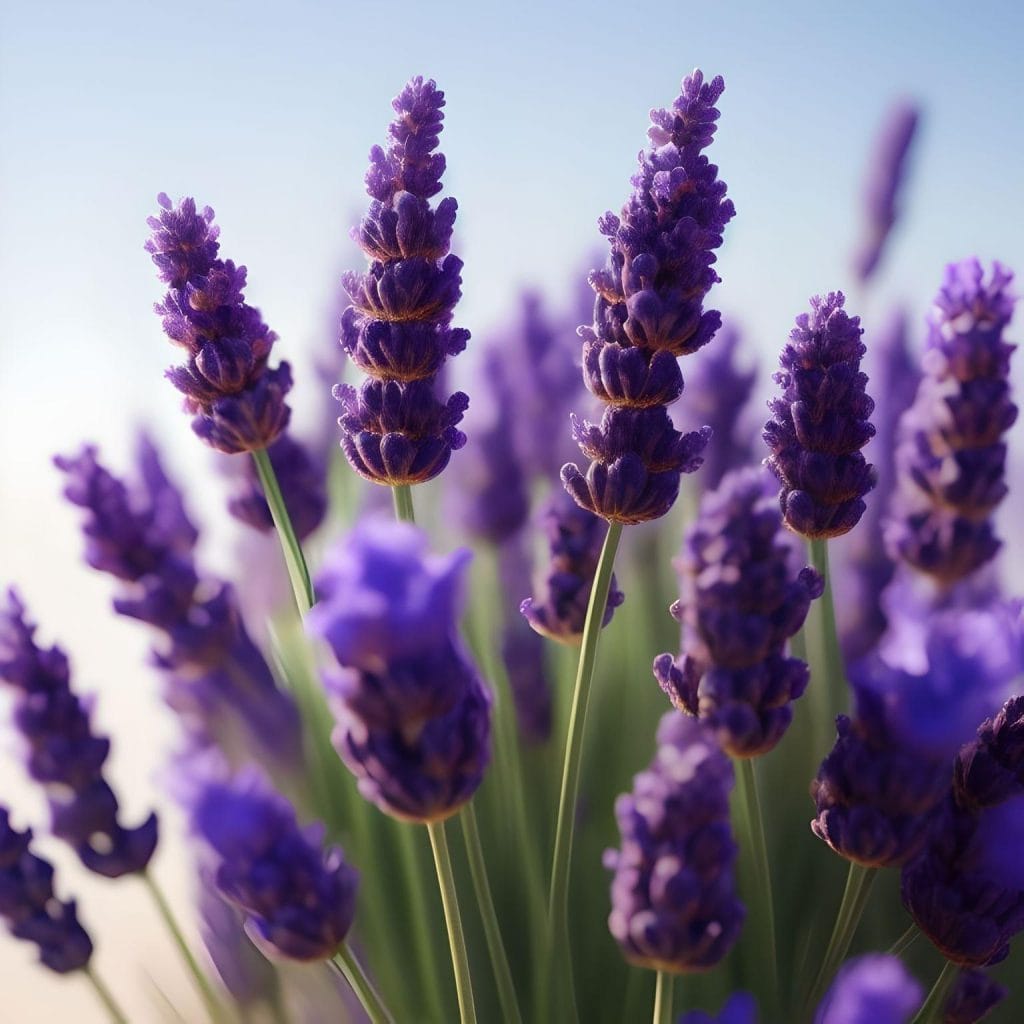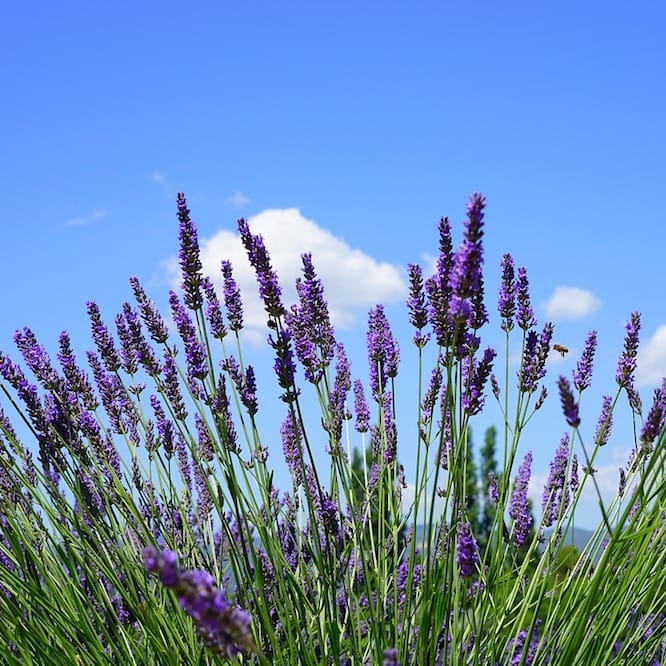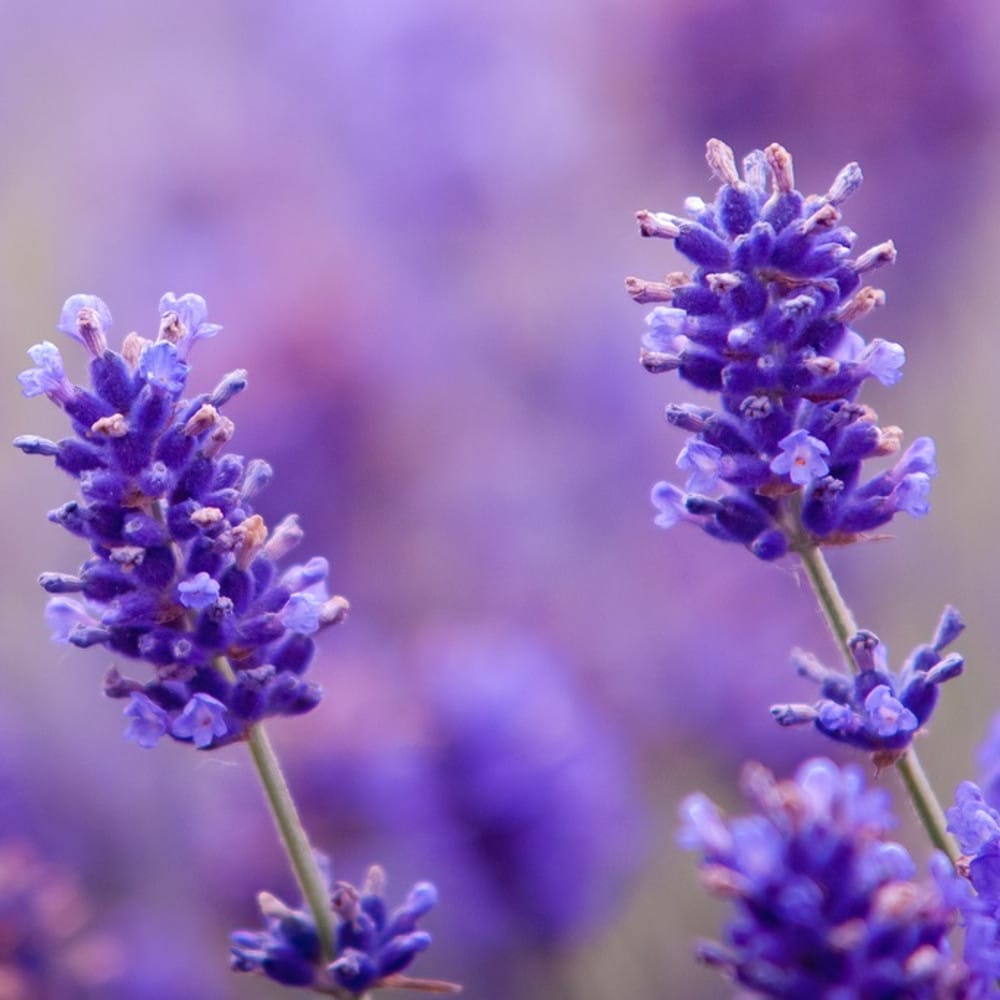Table of Contents
Introduction
Lavender, known for its calming fragrance and myriad health benefits, has captured the attention of consumers and industries worldwide. Among the countries renowned for lavender cultivation, Turkey stands out not only for its stunning landscapes but also for its robust lavender and oil export sector. This blog post delves into the journey of lavender oil from Turkey, exploring its historical significance, cultivation practices, economic impact, and future prospects.
Historical Significance of Lavender in Turkey
Lavender (Lavandula angustifolia) has been cultivated for centuries, with historical references dating back to ancient civilizations. In Turkey, lavender has deep cultural roots, particularly in the Aegean region, where it has been traditionally used in medicine, cosmetics, and culinary applications.
The town of Isparta, often referred to as the “Lavender Capital” of Turkey, has a rich history in lavender cultivation. Its ideal climate, characterized by hot summers and mild winters, combined with fertile soil, provides the perfect environment for lavender to thrive. The rise of lavender cultivation in this region can be traced back to the Ottoman Empire, where the plant was used for various purposes, including perfumery and healing.

The Lavender Oil Production Process
Cultivation
Lavender requires specific growing conditions to flourish. The ideal altitude for lavender cultivation in Turkey is between 800 to 1,200 meters above sea level. Farmers typically plant lavender in rows to facilitate easy harvesting and maintenance. The process begins with the selection of high-quality seeds or cuttings, followed by planting in well-drained soil.
Turkey’s lavender season spans from June to August, with peak blooming occurring in July. During this time, farmers carefully tend to their fields, ensuring optimal growth and development. The plants are harvested by hand, preserving the integrity of the flowers, which is crucial for producing high-quality essential oil.
Distillation
Once harvested, the lavender flowers are subjected to steam distillation, a process that extracts essential oils while preserving their aromatic properties. The distillation process is critical in determining the quality of the final product. High-quality oil of lavender is characterized by its rich scent, therapeutic properties, and chemical composition.
The distillation facilities in Turkey are equipped with state-of-the-art technology, enabling producers to maximize oil yield while minimizing environmental impact. This focus on sustainable practices has garnered attention from international buyers, who increasingly prioritize environmentally friendly products.

Economic Impact of Lavender Oil Export
Contribution to Local Economy
The lavender oil export industry has become a significant contributor to the local economies of lavender-growing regions in Turkey. It creates employment opportunities for local farmers, laborers, and artisans involved in the production and marketing of oil of lavender. In Isparta, the lavender sector supports hundreds of families, providing them with a sustainable source of income.
Export Markets
In recent years, the global demand for natural essential oils, including oil of lavender, has skyrocketed. The aromatherapy, cosmetics, and food industries have increasingly turned to lavender oil for its calming properties and versatile applications. Turkey, with its rich lavender heritage and high-quality products, has positioned itself as a key player in the global oil of lavender market.
Turkey exports lavender oil primarily to Europe, North America, and Asia, with countries like France, Germany, and the United States being major consumers. The export value of lavender oil has steadily increased, reflecting the growing appreciation for natural and organic products.
Challenges and Opportunities
Despite the booming lavender oil export market, Turkish producers face challenges that can impact their competitiveness. Climate change poses a significant threat, with unpredictable weather patterns affecting lavender growth and oil yield. Additionally, competition from other lavender-producing countries, such as France and Bulgaria, requires Turkish producers to maintain high-quality standards and innovate their marketing strategies.
However, the increasing global demand for natural and organic products presents a significant opportunity for Turkey’s lavender oil industry. By focusing on quality, sustainability, and branding, Turkish producers can carve out a niche in the international market.
The Role of Certification and Standards
As the lavender oil export market grows, so does the importance of adhering to quality standards and certifications. Buyers are increasingly seeking products that meet organic, Fair Trade, and other sustainability certifications. Turkish lavender oil producers are responding to this demand by investing in organic farming practices and obtaining relevant certifications.
These certifications not only enhance the marketability of Turkish lavender oil but also ensure that producers adhere to environmentally friendly and socially responsible practices. The commitment to quality and sustainability helps to differentiate Turkish lavender oil in a crowded marketplace.

Future Prospects for Lavender Oil Export
Trends in Consumer Preferences
As consumers become more health-conscious and environmentally aware, the demand for natural products continues to rise. Lavender oil, with its wide range of applications in aromatherapy, skincare, and wellness, is well-positioned to capitalize on this trend. Turkish producers can leverage this consumer shift by promoting the benefits of their high-quality lavender oil, emphasizing its natural origins and therapeutic properties.
Innovations in Production and Marketing
To remain competitive in the global market, Turkish lavender oil producers are exploring innovative approaches to production and marketing. The adoption of modern agricultural techniques, such as precision farming and integrated pest management, can help increase yields while minimizing environmental impact.
Furthermore, effective branding and storytelling are crucial in capturing consumer interest. By highlighting the rich cultural heritage of lavender cultivation in Turkey and the artisanal methods used in production, producers can create a compelling narrative that resonates with consumers.

Conclusion
Turkey’s lavender oil export industry is a flourishing sector that blends tradition with modernity. With its rich history, favorable growing conditions, and commitment to quality and sustainability, Turkey has established itself as a key player in the global lavender oil market.
As the world increasingly seeks natural products, the future looks bright for Turkish lavender oil producers. By overcoming challenges and embracing innovations, they can continue to thrive in this blooming trade, bringing the soothing essence of lavender to consumers around the globe.
Call to Action
For those interested in exploring the benefits of lavender oil or supporting sustainable practices, consider purchasing Turkish lavender oil from reputable suppliers. By choosing high-quality, organic products, you contribute to the livelihoods of local farmers and the preservation of traditional cultivation practices. Experience the calming effects of lavender oil and join the journey of this aromatic treasure from Turkey!
You can always contact Arbay Global for your Lavender Oil request.
